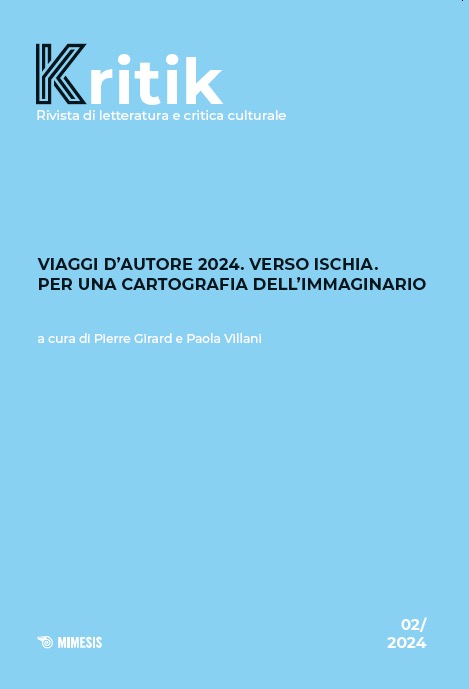Abstract
Bakhtin’s notion of chronotopos, understood as a cognitive concept as well as a feature of narrative itself1, offers a concise conceptual framework for analysing the complex relationship between references to a broader cultural context and shared knowledge, to collective memories of events, personal experiences, and to the here and now of the interview situation that characterises the interviews collected in the Israel Corpus.
In these narrative interviews, the speakers repeatedly address anti-Semitic experiences, which are often in the context of symbolic spatial markers with anti-Semitic content. In quite a few cases, these experiences lead directly to migration and are remembered as fractures in life history, which is why they can be described as chronotopos of the crisis or turning point in life2. The present study, which selects Kristine Hecker’s interview with the commercial artist Franz Krausz from the research corpus compiled in a recent study3, focuses in its detailed linguistic analysis on the complex interplay between the chronotopes invoked as well as on the contribution that orientation in time and space makes to the positioning of self and other on the part of the narrator.

